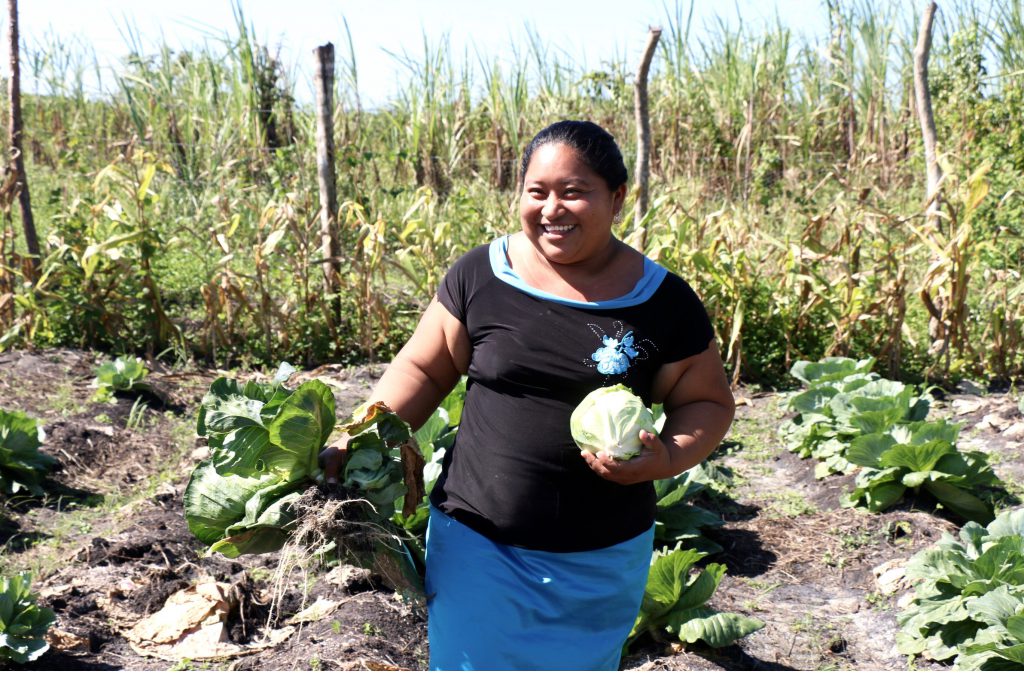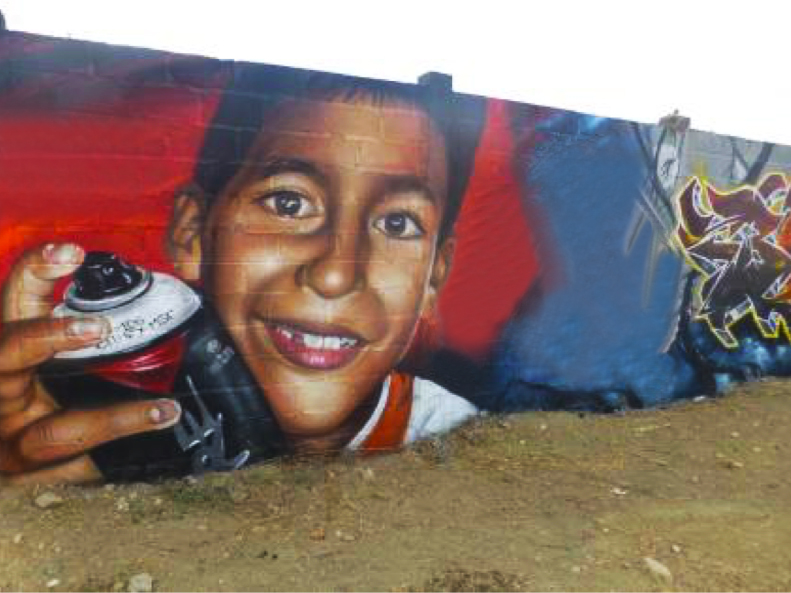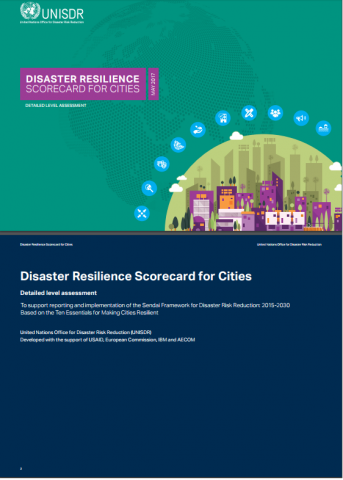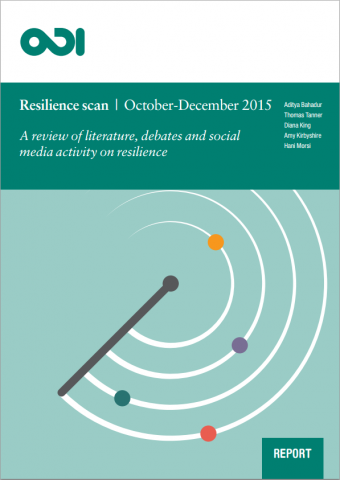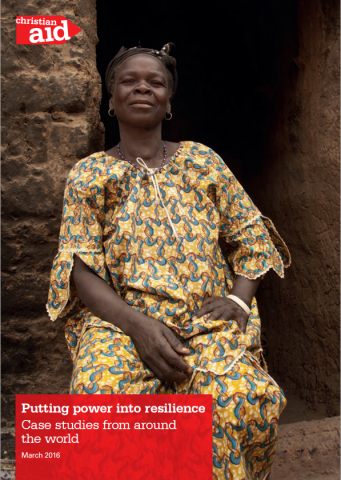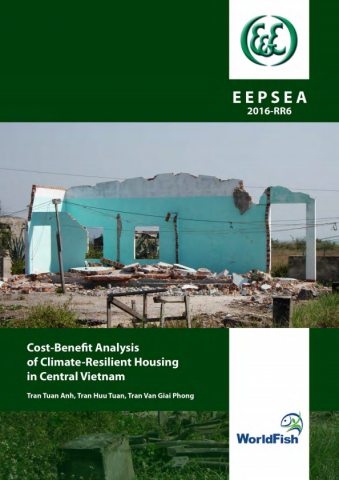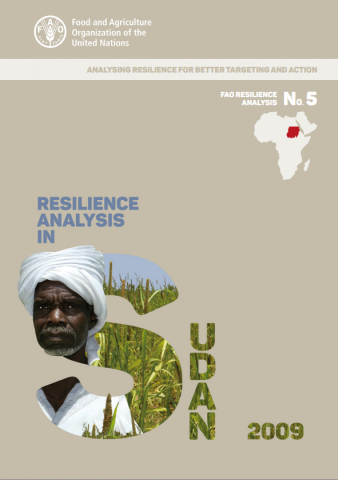Get to Know Participants of the Economic Opportunities Benefit in Belize
The villages in Northern Belize have a very narrow economic basis, mainly focused on the cane sugar industry and sometimes river or sea fishing. To ensure food and economic security, the Red Cross provides small grants and training to community members in a variety of topics. American Red Cross works together with the Belize […]
Get to Know Participants of the Economic Opportunities Benefit in Belize Read More »

